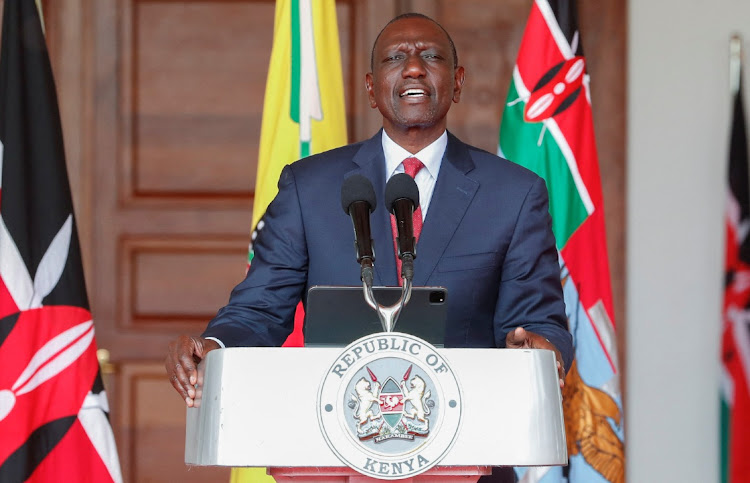Nairobi, 23 October – Kenya’s recent political shifts, including the impeachment of the Deputy President and ongoing discussions about extending the presidential term, come at a crucial moment for governance on the continent.
The 2024 Ibrahim Index of African Governance (IIAG) offers an essential lens through which to understand Kenya’s current trajectory, in the context of wider governance trends across Africa.
Released today by the Mo Ibrahim Foundation, the 2024 IIAG provides a comprehensive analysis of governance in Africa over the past decade (2014-2023), covering 54 countries and measuring governance performance across four key categories: Security & Rule of Law, Participation, Rights & Inclusion, Foundations for Economic Opportunity, and Human Development.
The IIAG report highlights that governance progress in Africa has come to a halt, as insecurity and declining democratic space erode critical advancements in human and economic development. Africa’s overall governance progress, which had already stagnated for four years, saw further setbacks in 2022. For over half of Africa’s population, the level of governance in 2023 is worse than in 2014.
Kenya, however, is part of the group of African countries that continues to make governance gains, despite recent challenges. The country ranks 10th out of 54 African nations with an overall governance score of 60.3 in 2023. Kenya has made notable improvements in Infrastructure, with impressive strides in access to energy, internet and computers, and decent housing.
Yet, while there has been progress, Kenya’s Security & Rule of Law score has seen declines, driven by setbacks in security and safety as well as anti-corruption efforts. This mirrors the continental trend, where over 77% of Africa’s citizens now live in countries experiencing worsening security and democratic spaces compared to 2014.
The 2024 IIAG reflects the complexities of governance in Africa, noting that while progress remains substantial in economic and human development, particularly in areas like Infrastructure and Women’s Equality, these gains are being undermined by increasing conflict, insecurity, and shrinking democratic participation. This dual dynamic is evident in Kenya, where advancements in economic opportunity and human development coexist with serious challenges in security and governance.
According to Mo Ibrahim, Founder and Chair of the Mo Ibrahim Foundation, “The 2024 IIAG is a sobering reminder of the threat that a deepening security crisis and shrinking participatory environment pose to the continent’s progress.”
Kenya, like many countries on the continent, now faces the challenge of maintaining its positive governance trajectory while addressing critical areas of concern. As discussions around governance reforms and term limits continue, the findings from the IIAG report underscore the need for policies that not only promote economic growth and development but also reinforce security, rule of law, and inclusive participation.
